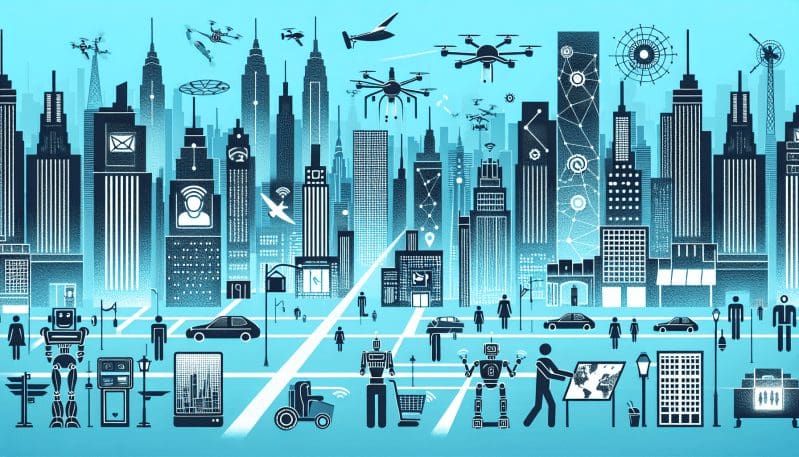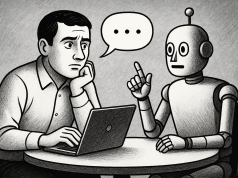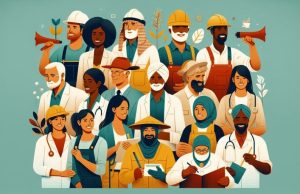As the dawn of automation and artificial intelligence (AI) reshapes the skyline of industry and employment, New York’s workforce stands at a pivotal crossroad. The rapid progression of technology is not a distant sci-fi concept — it is an unfolding reality, with tangible impacts on the everyday lives of millions. The city that never sleeps now faces a challenge that could redefine its future: How can it adapt its workforce for the automated world of tomorrow?
Industries set to undergo the most profound changes due to automation include manufacturing, transport, customer service, and even sectors like healthcare and finance. The advent of AI-driven analytics, robotics, and machine learning means that repetitive and routine jobs are at the highest risk of becoming obsolete. However, this seismic shift also brings opportunities for growth and innovation.
Businesses in New York are not merely passive observers of this change; they are active participants. From small startups to large conglomerates, companies are integrating cutting-edge technologies to stay competitive. This integration demands a workforce that is not just technology-literate but also adaptive and innovative.
To remain relevant, New York’s workers must hone digital literacy, problem-solving, and analytical skills. Soft skills such as creativity, emotional intelligence, and the ability to collaborate with both humans and machines are becoming equally vital. Education is at the heart of this transformation. Curriculums from K-12 to higher education institutions are evolving to incorporate STEM (Science, Technology, Engineering, Math) education and project-based learning, emphasizing real-world applications of technology.
Moreover, New York’s initiatives like the Tech Talent Pipeline are working to bridge the gap between current workforce skills and future job requirements. These initiatives, often in partnership with tech companies and educational institutions, aim to offer training that equips individuals with the necessary skills to thrive in a digitally-driven economy.
Comparing New York’s approach to global standards, it becomes clear that the city is not alone in this endeavor. Countries like Singapore, South Korea, and Germany have long been investing in workforce reskilling and upskilling programs. The decisive factor for New York’s success will be its ability to tailor these programs to the specific needs of its diverse population, ensuring equitable access to education and career opportunities for all.
As New Yorkers look to the horizon, one thing is certain: the future of work is changing, and the city must adapt swiftly. By fostering a technology-ready workforce, embracing continuous learning, and investing in human-centric automation, New York can set a global example of how to turn the challenge of automation into an era of prosperity and growth for its workforce.




























